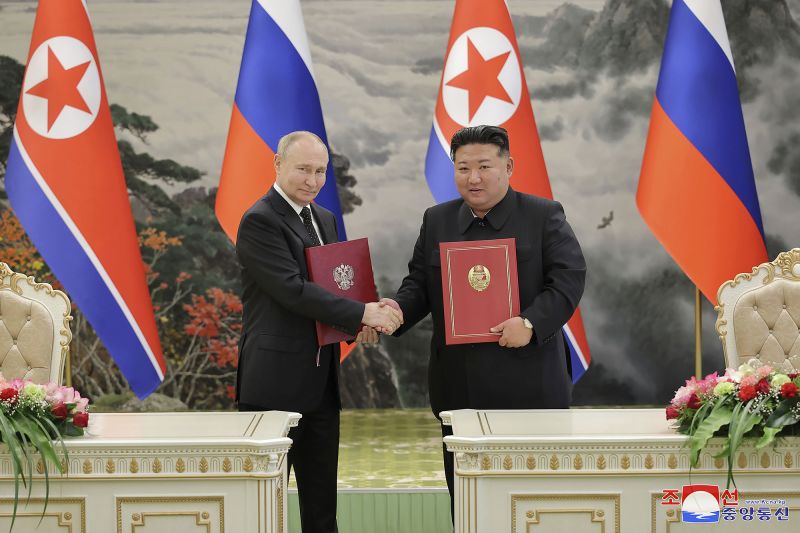 Moldova, a small country located in Eastern Europe, is indeed caught in a geopolitical tug-of-war between Russia and the West. The country is politically divided, with supporters on one side looking to strengthen ties with the European Union, while on the other side, there are those looking to align more closely with Russia.
Moldova, a small country located in Eastern Europe, is indeed caught in a geopolitical tug-of-war between Russia and the West. The country is politically divided, with supporters on one side looking to strengthen ties with the European Union, while on the other side, there are those looking to align more closely with Russia.
The two crucial votes that you are referring to are likely representative of this divide. Though you haven’t specified the exact votes, it seems likely you’re alluding to previous presidential and parliamentary ones. These elections are considered crucial because the outcome can determine which geopolitical course (pro-Russia or pro-Western) Moldova will follow in the coming years.
From the West’s perspective, pulling Moldova closer would mean another step of the European Union and NATO’s eastward expansion, taking a country away from Russia’s sphere of influence. From Russia’s viewpoint, keeping Moldova under its influence would help preserve its geopolitical status in Southeast Europe, its traditional sphere of influence.
This tug-of-war puts Moldova in a difficult position, having to balance its relationships with both Western and Russian partners. The situation is further complicated by domestic issues such as corruption, political instability, and economic woes.





